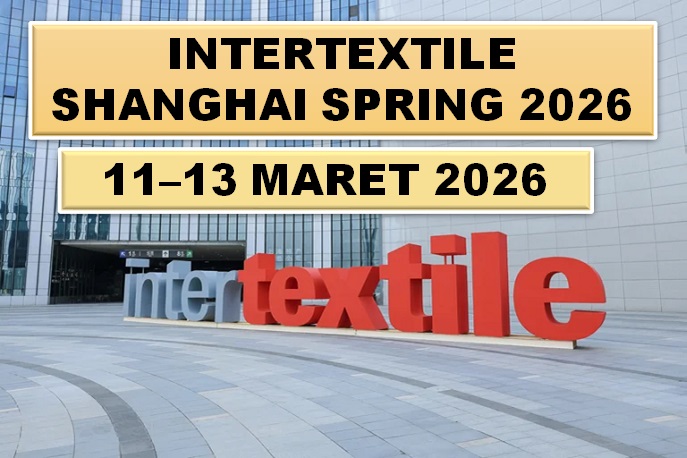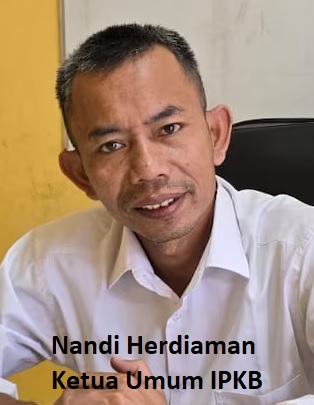The Indonesian Small and Medium Industry Association (APIKMI) asked the government to issue a safeguards policy for imported garment goods. The safeguards policy that only applies to imported raw materials is considered to be able to kill Indonesia's small and medium-sized industries (IKM).
"The government must act quickly, to issue a safeguard policy for imported finished goods, so that the current situation is not used as a gap by a handful of parties who take advantage of the situation," said Secretary General of APIKMI, Widia Erlangga.
Widia explained, the imposition of Temporary Safeguard Measure Import Duty (BMTPS) aka safeguards on imports of textiles and textile products (TPT) in November 2019 had an impact on the scarcity of imported raw materials in the domestic market. Meanwhile, the production capacity of the local textile industry is currently decreasing significantly and is unable to meet the demand in the domestic market.
"Next, the second thing that is difficult for garment IKM is the onslaught of imported finished goods from China and Thailand, which are currently very large and very easy to find in the domestic market," he said.
He revealed, so far garment IKM players feel that their products cannot compete with imported finished goods that have not been subject to additional import duties such as imported raw materials. Then, many parties have switched to importing finished goods because they are considered to be easier and more economical than producing domestically.
He took an example of the number of imported veils from 2017 to 2019. In 2017 his party recorded 84.1 million pieces, and in 2018 there were 125.2 million pieces. Then in 2019 the number increased to 105.6 million pieces.
"In the last three years there has been an increase in the import value of finished goods in the form of the veil. This shows that the safeguard for garment products must be realized," he explained.
He sees raw materials that are subject to safeguarding import duties but imported garment finished goods that are not applied in a business way will be more profitable for imports of finished goods. This, he said, could kill the garment IKM industry.
"In business terms, imports of finished goods will be more profitable and can directly kill the garment IKM industry," he explained.
He hopes that the production process of garment IKM players or convection will return to stability and the selling price offered to consumers will remain competitive. He believes that the safeguards policy for garment import finished goods can relieve IKM players in the convection or garment sector.
"And locally produced goods from IKM players or domestic industries can be excellent in their own domestic market," he said.









